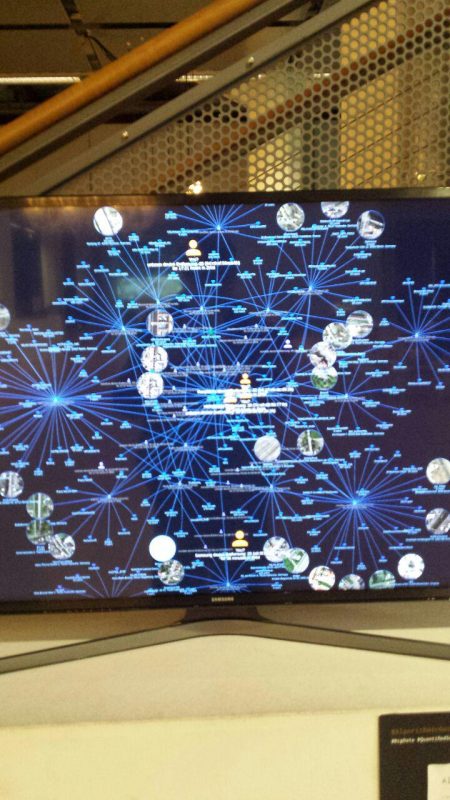Nikita Khrushchev was skeptical whether computers can help boost history towards communism. Nevertheless, he was willing to give it a try and ordered a super-computer for economical support of soviet socialism. The mostly talented and best trained soviet engineers set up the computer and asked him to test the machine directly after completion. Khrushchev, still not convinced, decided to pose an unimaginably complex question: ‘When will communism be reached?’ The box rattled and clicked until a metallic voice said ‘In seventeen kilometers’. Khrushchev laughed and repeated his question very clearly pronounced. Without any delay, the machine answered ‘In seventeen kilometers’. Now, the comrade got very mad and called for his engineers so he could complain about the expensive machine’s stupidity. The technicians were surprised because every test they had done before went sufficiently, so they asked the computer kindly to explain its answer. The machine, resting on the table, said fearlessly: ‘The result of seventeen kilometers is based on data from comrade’s Khrushchev last speech where he said that with every five-year plan we will be one step closer to communism.’
This old soviet joke indicates an abyss of technology’s potential for emancipatory progress. The story has at least two possible sequels: either the imaginary machine is destroyed because it clearly proves the current insufficiency of soviet politics, or the power of computers is taken as a starting point to try to calculate and decide what to do instead of depending on the weak human machines and their millions of papers. The joke’s speculative hidden track reflects what Slava Gerovitch has described as the difference between ‘Cyberocracy’ and ‘Cybureaucracy’. In short, cyberocracy means organizing a society by cybernetic ideas, methods and technologies, whereas cybureaucracy is a traditional non-cybernetic bureaucracy with access to single cybernetic technologies like computers or communication networks. The first would be a radical break in human history and as such a possible step forward in emancipation, the latter would be an adjustment of typically modern governing techniques aimed at stabilizing the status quo.
read here

